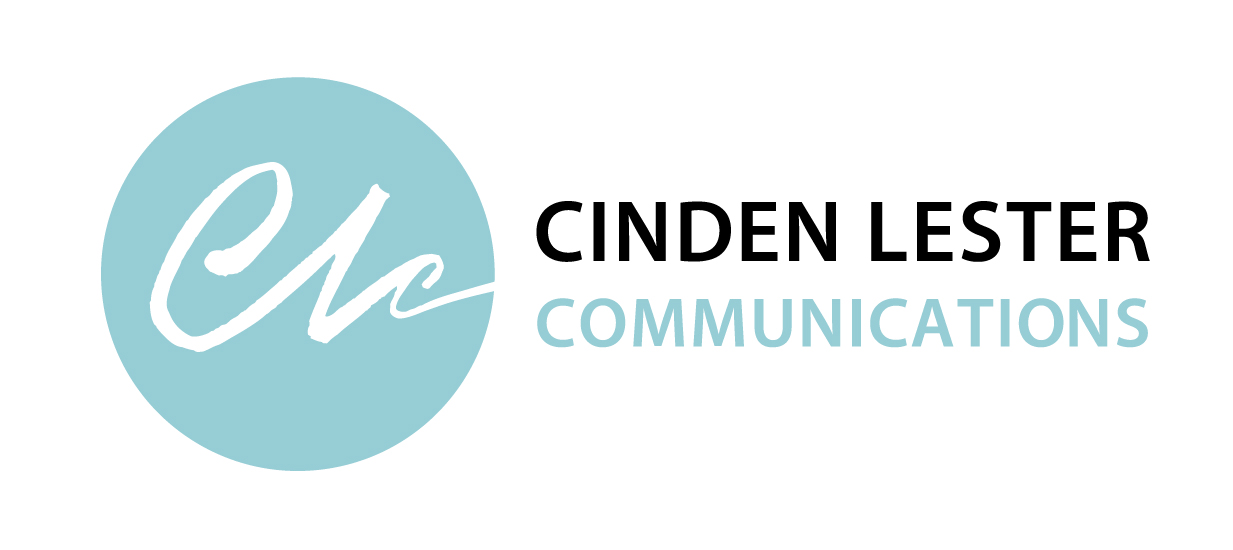 Do you need to interview a member of the Executive for a newsletter article? Meet a client to discuss a new communications project? Ask what the Minister’s office wants to highlight in an upcoming announcement?
Do you need to interview a member of the Executive for a newsletter article? Meet a client to discuss a new communications project? Ask what the Minister’s office wants to highlight in an upcoming announcement?
Time to play journalist and interview your subject matter expert.
In my past life as a journalist, preparing for interviews was usually on the run, quickly scanning a media release in the back of the car on the way. This was before smartphones and the internet, and just part and parcel of the mad scramble to produce two or three news stories by 6pm each day.
I learnt there’s no set formula for developing questions that will work for every interview. In fact, some of the best content and quotes come from questions that are not prepared in advance, but rather are asked in response to something said during the interview. The interviewee, the topic and the intended audience also help to set the tone and direction for the questions.
But I also learnt there are some things you can do to help get the best out of any interview.
Understand the purpose of the interview
What do you actually need to get out of the interview? For example, do you want the interviewee’s knowledge about the issue, their opinion or feeling about something, or do you want want quotable quotes? Being clear about what you want to achieve with the interview will help you come up with relevant questions.
Do a little homework
Find out what you can about the person, including the correct spelling of their name, title, their role in the issue/story and any background information. This helps you feel confident and prepared with basic facts to get started. It also means you don’t need to waste time on those details during the interview (especially important when you are interviewing busy and senior people).
Think about the audience
Thinking about who will read your story and what they are interested in also helps you come up with relevant questions. Putting yourself in your readers’ shoes helps you identify issues that are relevant to them.
Understand the end product
Tailor your approach by keeping in mind how the information will be used. For example, if it’s for a publication, it helps to know the format, length and style of content.
Prepare a few questions
Preparing some questions in advance helps you focus and means you can give the interviewee an idea of what you want to discuss when you are lining up a time to chat.
Ask the interviewee if there is anything they particularly want to cover
You can do this when you first contact them to line up the interview. It may help you formulate questions. It is also worth asking at the end of the interview ‘Is there anything else you wanted to mention?’ This often leads to good information and quotes because they feel free to say exactly what they want to about the issue.
Put your interviewee at ease
You will get better content if your interviewee is at ease and relaxed. Try to make the person feel comfortable before you start. Let them set the tone in terms of formality, but always be professional and be yourself. Treat the interview like a conversation. At the start, thank them for making the time, explain again the reason for the interview, tell them what happens next in terms of how you will use the information and approvals and so on.
Ask open-ended questions
Try not to ask closed questions that can be answered with a ‘yes’ or ‘no’. Instead, use open-ended questions that start with ‘how’, ‘why,’ ‘who’ or ‘tell me about…’ So, for example, instead of ‘Do you like your new role?’ you might ask ‘What do you like best about your new role?’ or ‘Tell me about your first day in your new role’.
Ask a mix of specific and general questions
It usually works quite well to start with a few specifics, like basic ‘how, when, what, why’ questions. These can be good warm up questions and give the interviewee a chance to talk about what they are comfortable with, what they have achieved or what they are aiming to achieve. You can follow with more in-depth, strategic questions such as how the specifics link to broader overall aims, values, policies or priorities.
Try to identify stories or anecdotes
If you are developing content, stories always help to make it more interesting and engaging. Asking questions like: ‘What was the first thing you did when you found out about… ’, ‘What was it like to meet …?’, ‘How did you feel when…?’ will help to draw out some personal perspectives from your interviewee. You can also ask them if they have any stories or interesting anecdotes that illustrate or sum up the issue.
Listen to the answers
Sounds obvious, but really concentrating on what your interviewee is saying means you can ask follow up questions as you go, rather than just automatically asking the next question on your list. Often follow up questions result in the best information and most interesting quotes. Remember, listening is a powerful communications tool.
Encourage your interviewee
If the interview is face-to-face, interact with eye contact and acknowledge you are listening. Be enthusiastic and interested in what they are talking about. Let them finish talking before you ask the next question (especially important over the phone as you don’t have any visual queues). Sometimes a second or two of silence will lead them to say more, and you might end up getting your best quote that way.
Only ask one question at a time
If you ask double-barrelled questions the interviewee will most likely only answer the second half of the question anyway.
Clarify if you need to
If you don’t understand, ask them to clarify or try paraphrasing their answer back to them to confirm you understood them correctly.
Pace yourself
Pace yourself and allow plenty of time so you don’t rush yourself or the interviewee.
Provide your details
At the end of the chat say thank you, leave your contact details and let the interviewee know they are welcome to contact you if they think of anything else they’d like to add.
‘Knowing the answers will help you in school.
Knowing the questions will help you in life.’
Warren Berger
| Cinden Lester has more than 25 years’ experience as a professional writer, editor and communications specialist. She worked as a broadcast journalist, in private sector marketing and public relations, and in government communications before establishing her own Canberra-based communications consultancy in 2000.
Contact Cinden if you’d like help with your communications. |

